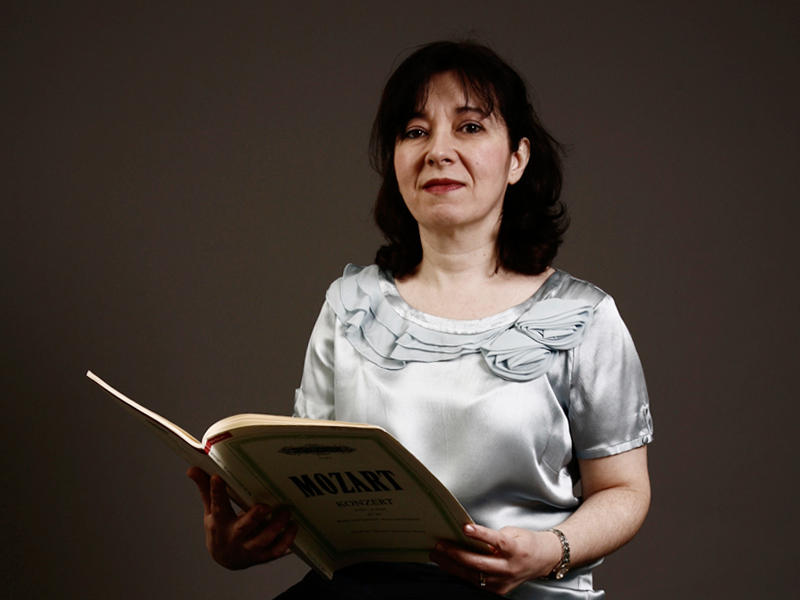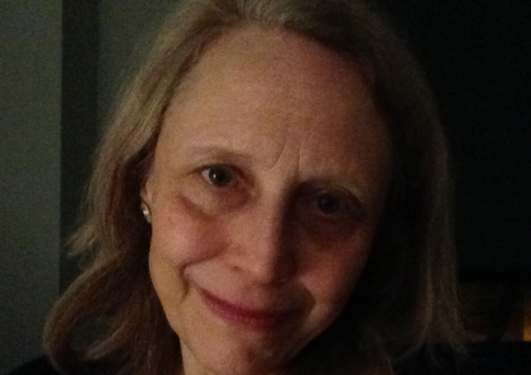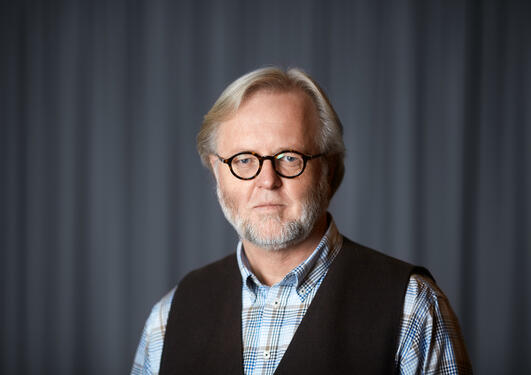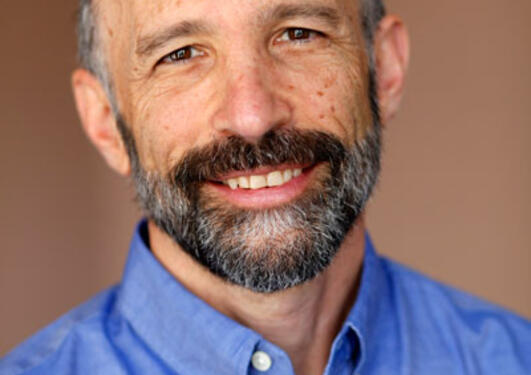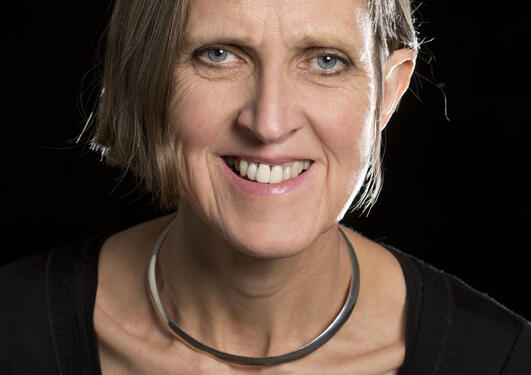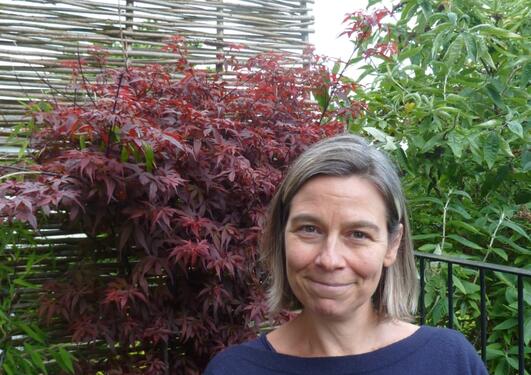Mine Doğantan-Dack
Live Music Performance: Practice and Research
Main content
Live performance is an under‐researched area within musicology and music performance studies, and currently there is a very limited research context for studying the creation of a live performance of music involving a score. The three broad areas defining music performance studies - namely historical performance practice, the psychology of performance, and analysis and performance –characteristically employ recorded performances as their primary source material.
The AHRC‐funded Research Centre for the History and Analysis of Recorded Music (CHARM; 2004‐09), which sought to re-evaluate musicology’s priorities and move the foundation of musicological ontology from musical scores towards performances, shaped its research agenda exclusively around recorded performances. With the AHRC-funded Phase 2 successor of CHARM, namely the Research Centre for Musical Performance as Creative Practice (CMPCP), the focus of research shifted to live music-making practices, including processes of practicing, rehearsing, teaching and public performing, where the sounds of music are produced there and then by actual musicians. Nevertheless, the focus has been largely on the preparatory processes leading up to a performance rather than on the making of a live performance in real time for an audience. What might be the reasons for this state of affairs?
In this presentation, I explore why live performing remains the ‘other’ of musicological thought, still driven by values associated with the score and its creator. Counterpointed by selections from live recordings of my recent performances, the discussion focuses on the values, skills, and knowledge that enables a live music performance to happen. I probe how disregarding these values in musicological discourses shapes the representation of performers and performances within the discipline, and ask what might change in practice if performerly knowledge and values started to be understood and circulated more widely within research discourses. I also consider what demands valuing live performing would make on the methods and institutional politics of artistic research in music performance.
Key Questions
Why is there such little research on live performing in the classical genre in spite the recent rise of a musicology of performance and the almost exponential growth of music performance studies over the last decade?
What are the values that drive live music performance in the classical genre, from the perspective of performers and audiences?
What are the implications for artistic research in music performance of prioritising live performance and the values and knowledge it involves?
Recommended Reading
Stan Godlovitch, Musical Performance: A Philosophical Study. (1998), Routledge.
Nicholas Cook, Music as Performance. (2013), Oxford University Press.
Biography
Mine Doğantan-Dack is a musicologist and concert pianist, whose playing has been described as ‘an oasis’ and ‘heaven on earth’. Mine was born in Istanbul, and studied at the Juilliard School (BM, MM) with Oxana Yablonskaya, and received her PhD from Columbia University. Mine performs as a soloist and chamber musician, and is the founder of the Marmara Piano Trio. She is internationally regarded as a leading figure in music performance studies and has published several books including Recorded Music: Philosophical and Critical Reflections (2008), and Artistic Practice as Research in Music (2015). Mine regularly gives lecture-recitals and conference presentations. Her recent concerto appearances include Manuel de Falla’s ‘Nights in the Gardens of Spain’, Mozart’s Piano Concerto K. 488, Schumann’s Piano Concerto, and Grieg’s Piano Concerto. Highlights of 2017 include a performance of Rachmaninoff’s Rhapsody on a Theme of Paganini in March 2017, and later in the year Beethoven’s 4th Piano Concerto and Chopin’s E minor concerto.
